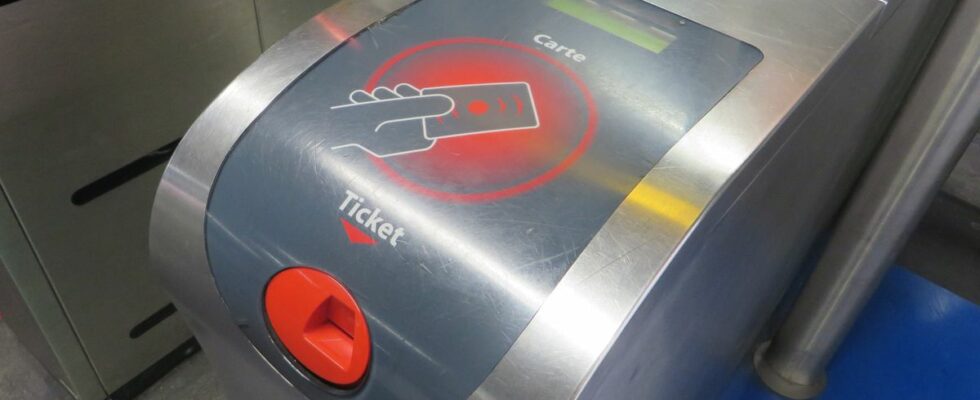Calais, Chantilly, Niort but also Dunkirk and soon Montpellier. These cities have one thing in common: they have set up a free system for everyone on their transport network. In Lyon, Bruno Bernard, president of the metropolis, agreed at the end of February to create a cross-party group to study the question when he was initially opposed to it. What would such a measure do for the community? And for users?
Pierre-Yves Péguy, Director of the Transport Economics Development Laboratory (LAET) at the origin of works on this question, returned for 20 minutes on the relevance of free admission for all in a metropolis like Lyon.
Is free public transport feasible in a metropolis like Lyon?
Financially, it is feasible but it has consequences. Zero fares induce an increase in attendance. It will therefore be necessary to increase the offer, in terms of frequency and services, so as not to end up with a congested network. All that has a cost which, until now, has been relatively offset thanks to a virtuous circle experienced in Lyon. Free transport challenges this strategy. It will be necessary to compensate for the shortfall in commercial revenue – estimated at 250 million euros per year – by contributions from employers via the mobility payment tax and those from communities to cover operating expenses. Currently, the operating deficit amounts to 161 million euros. If we move to completely free, in 2030, we would go to 578 million euros with 15% more demand, and to 662 million euros if we have 30% more demand. The deficit would thus be tripled in the short term.
Apart from the financial aspect, is free transport desirable?
This measure poses three formidable problems. The first is the one I just mentioned, that is to say, the efficiency of a network with fewer resources and increased use. Then, our work showed that free was not consistent with the challenges of its application. For the Lyon metropolis, the purpose of this measure would be to have a modal shift, that is to say, to change the mode of travel. In the case of large cities, it is a question of moving from the private car to soft mobility in order to have a carbon-free city. According to our estimates, when we introduce a zero euro fare, the new clientele will mainly come from walking and cycling, rather than from the car and for short journeys in the city center rather than on the outskirts. Free transport is therefore not the best lever if the objective is a modal shift. The last point is a problem of fairness. If it’s free for everyone, it means that, whatever your location, whatever your status, your income, it’s the same price. If we proceed in this way, we sit down on issues of equity and act as if we all had the same income. It is a major problem. It is necessary to take into account the different situations of each one. It is therefore necessary to focus instead on solidarity pricing, which integrates the profiles of individuals. This range exists in Lyon but it could be further simplified and expanded.
Why have other cities already introduced free transport?
Comparison is not right. The stakes are not comparable. Lyon has 1.5 times more population than the ten largest city networks that have opted for free, except Dunkirk. It’s also eleven times more trips and five times more operating costs. And the goals are not the same. For Calais, for example, the strategy of such a project was to make city centers more attractive and compete with large areas on the outskirts. This is not the case for large metropolises. In Montpellier, this measure will only concern residents of the city center. In other municipalities, it only concerns weekends. And then whatever the reasons for setting up and the size of the cities, the problems of equity remain and arise.

